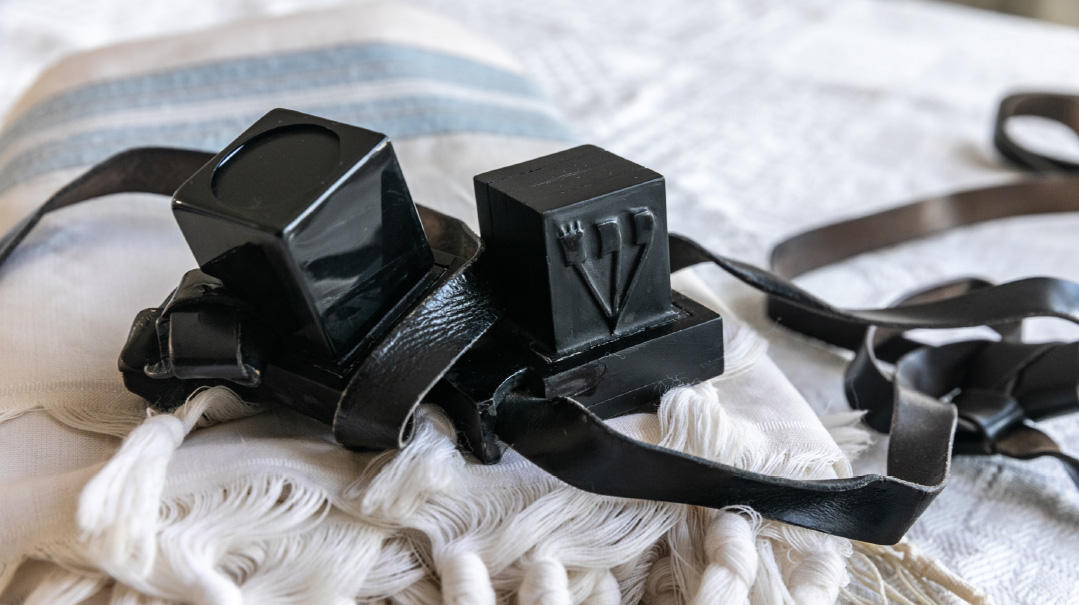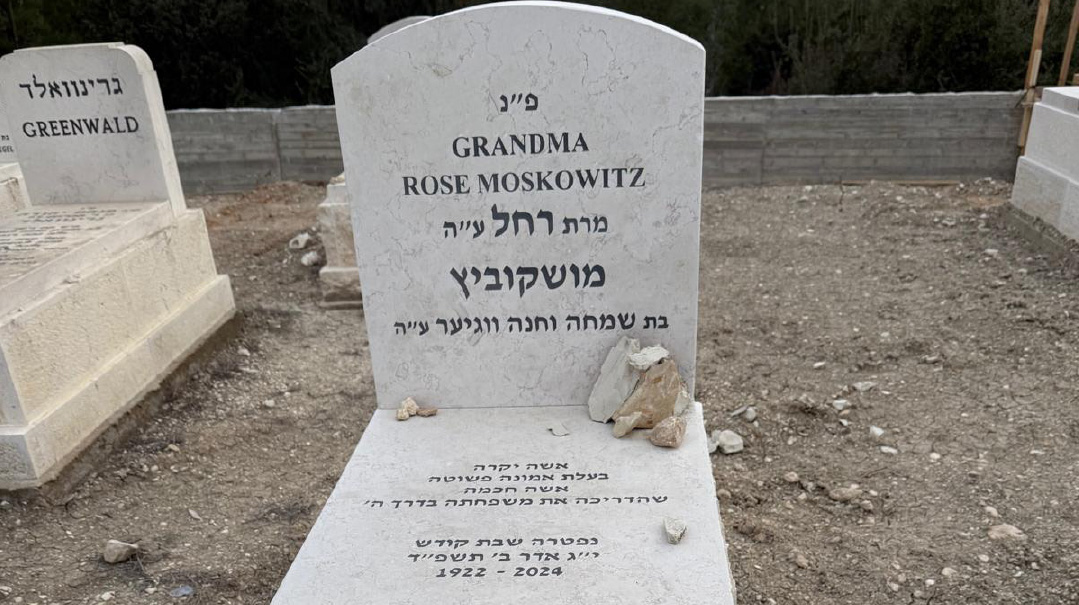The Call of a Joyful Spring

"I had never heard the kol Torah before, and I didn’t really understand what it was. But I knew that it filled me up"

I grew up in Cleveland in the 1950s. My father, Rav Leizer Sorotzkin, was one of the roshei yeshivah in the Telshe Yeshivah, and he often traveled overseas to raise funds. In the 1950s, air travel was costly and flying frequently was unheard of. When my father left, he was gone for months at a time.
When I was seven years old, my father decided to travel to South America for the first time. This would be an even longer trip than usual. My mother made a remarkable decision: She would use this opportunity to fulfill a lifelong dream. As a child, her Jewish education had been cut short by the Holocaust, and she still felt that loss. With my father planning to be away for so long, this was the perfect time for her to make up for it — by moving with us children to Israel for the year to study under the legendary Nechama Leibowitz. She was a brilliant woman who never married — some would say that she was married to learning. She gathered around her a select group of young ladies for an intense course of study.
In Israel, we rented a small apartment in the Geula neighborhood of Yerushalayim from a family called Grunbaum. The Grunbaums daughter Adina was having difficulty finding a shidduch. She was very frum, but she had grown up without being exposed to the primacy of Torah learning — her father was chronically ill and she had no brothers. She had never heard the singsong chant over a Gemara or witnessed the study of Torah for its own sake. Yeshivah bochurim weren’t interested in Adina because she lacked an appreciation of learning, but someone who had not gone to yeshivah wouldn’t be frum enough for her.
Years after we returned to Cleveland, Adina was still single. When she was 28, she decided to come to America in search of a shidduch. We were the closest thing to relatives she had in America, so she asked my parents if she could stay with us. Adina ended up living with us in Cleveland for almost a year before she met her bashert. Like her, he was very frum, but had never had the opportunity to learn in a yeshivah.
Adina and her husband moved to his hometown, a small town far from any established frum community. Her husband worked in the family business, and they were blessed with four sons. When their children were very young, Adina suddenly became determined to move to New York to give her children a yeshivah education. It was a difficult and risky choice — it meant leaving their source of parnassah, her husband’s family, and everything familiar to them. But Adina insisted.
Her sacrifice paid off. All four sons grew up to be well-known talmidei chachamim.
I had heard about Adina’s sons over the years, and it was obvious that her insistence on moving to New York had given them the opportunity to become gedolei Torah. But this was the girl who hadn’t been exposed to limud Torah at all. Where did this tremendous mesirus nefesh suddenly come from?
When my father was niftar, Adina came to be menachem avel, and I couldn’t resist asking her about it.
“Everyone asks me that,” she replied. “Some people ask me straight out how I came to have such sons.” She said that she tells them all the same thing: “From my year in the Sorotzkin household.”
During the year that Adina lived with us in Cleveland, my father prepared his shiur every night from 10 p.m. to 2 a.m. He usually had a chavrusa, and they would argue loudly and passionately over the Gemara. You could hear them throughout the house. Even when my father learned by himself, he would sing aloud with enthusiasm and joy.
“Every night that year,” Adina said, “I fell asleep to the sound of your father learning. I had never heard the kol Torah before, and I didn’t really understand what it was. But I knew that it filled me up. Every night, I dreamed of those sounds filling my own home one day.”
(Originally featured in Mishpacha, Issue 812)
Oops! We could not locate your form.











